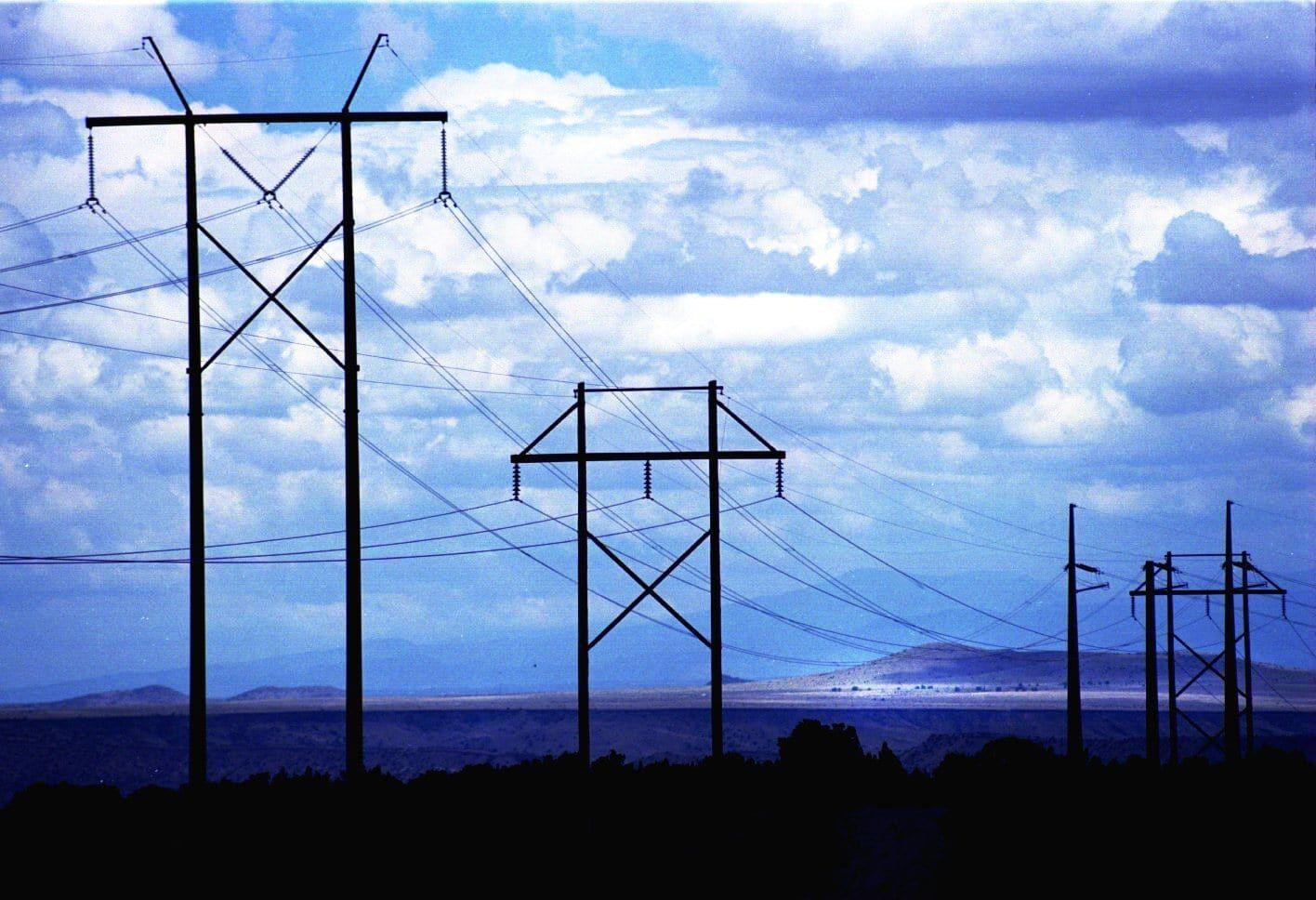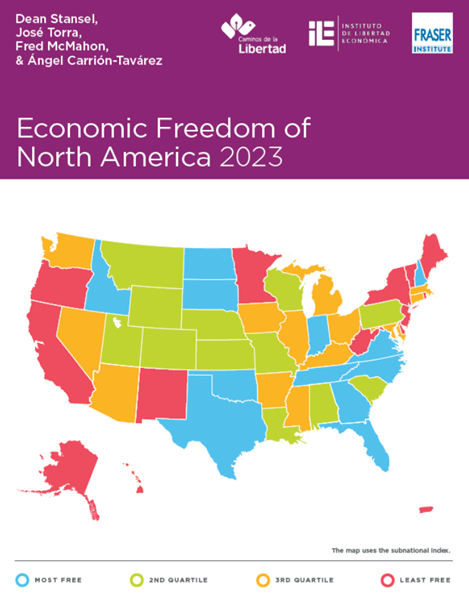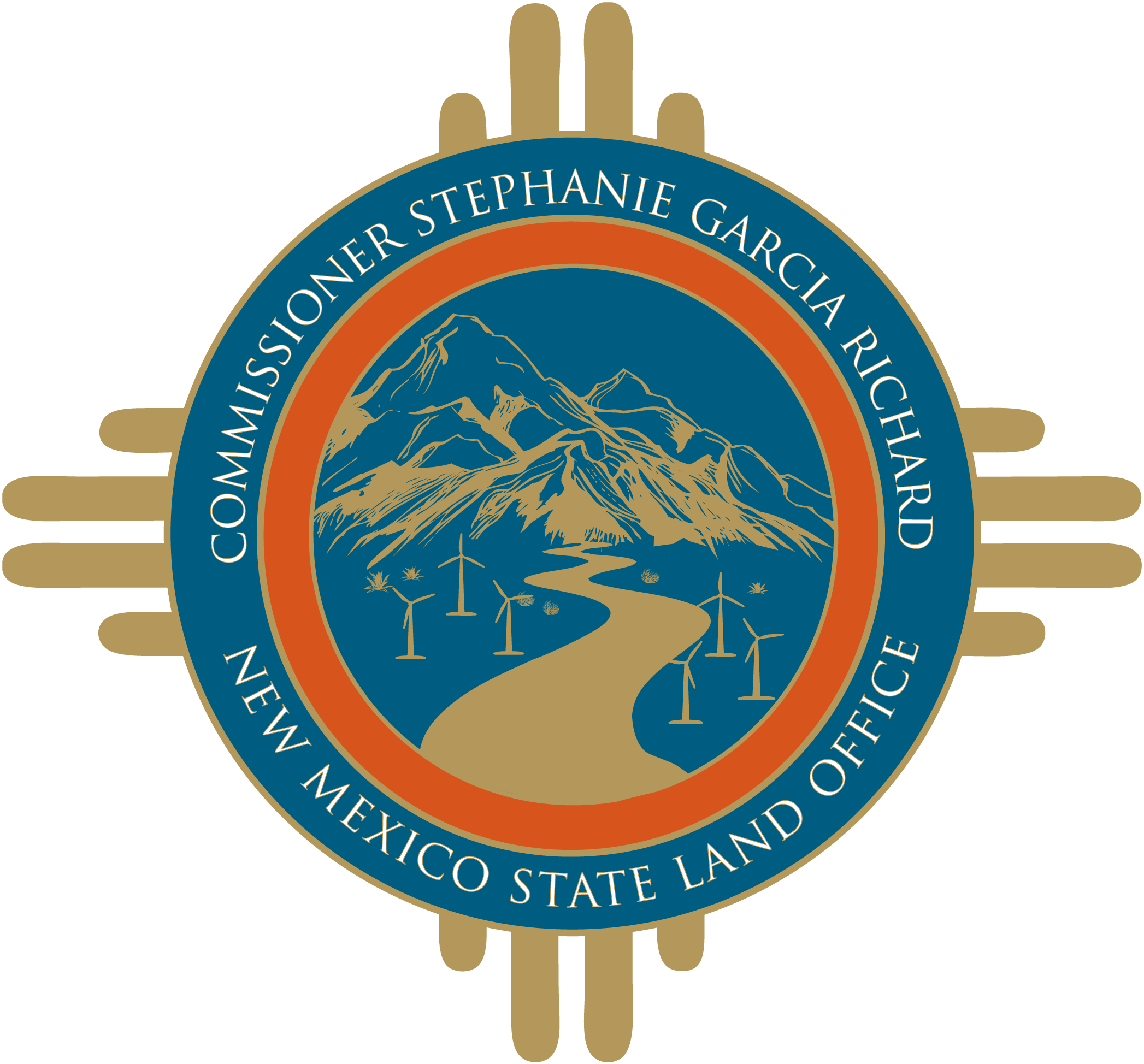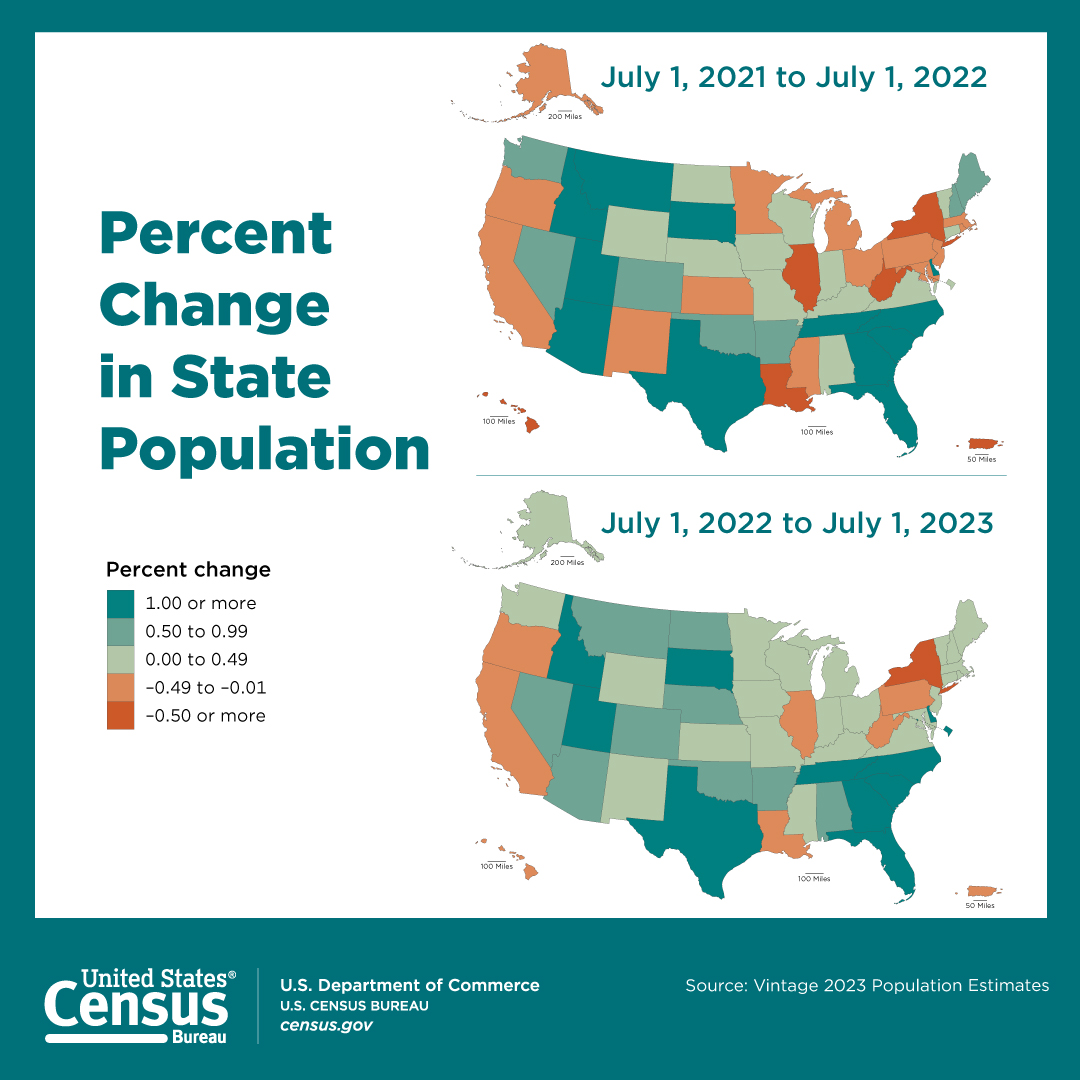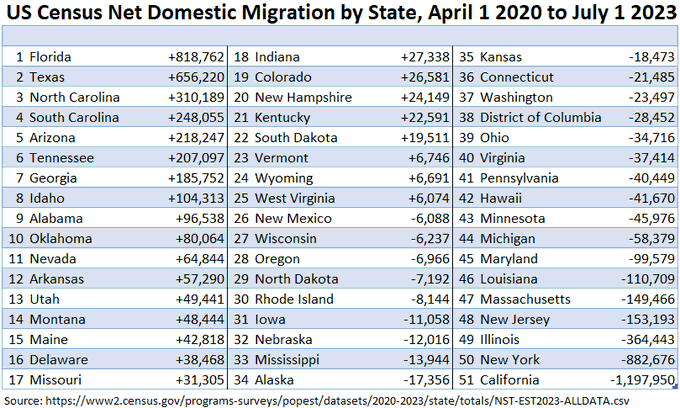In what seems to be yet another power grab by the Lujan Grisham Administration (this time through the Public Education Department), regulations have been quietly put forth (with a public hearing scheduled for Monday, December 18 and a written comment deadline of 5pm that day).
RGF has two major concerns with the proposal that we addressed in our comments below: 1) a requirement of 180 days of school (as opposed to setting the number of hours in the classroom as is done now). This appears to be a direct attack on rural districts with four day school weeks.
The other is a seizure of power by the PED over accreditation of non-public schools in New Mexico. Information on the public hearing can be found at the link above (as well as the regulations themselves). You can submit comments by Monday at 5pm here: Rule.Feedback@ped.nm.gov
Our comments are below (please note the relevant code in your comments as per PED’s instructions).
I write today on behalf of the Rio Grande Foundation, New Mexico’s free market think tank, to express opposition to proposed rule changes being considered by the Public Education Department in two major areas: 6.10.5 NMAC, School Calendar Requirements and 6.81.2 NMAC, Requirements for Nonpublic Schools and for Public Education Department Accreditation.
On the issues of School calendar requirements, PED has proposed a requirement of 180 days of school. Simply put, there is no research supporting the idea that increasing the number of school days improves student outcomes. According to a 2018 report both Missouri and Kansas have had 4-day work weeks in place for dozens of rural communities.
A move (to four-day weeks) that originally began as a cost-saving measure has resulted in students having have 25 more instructional hours than before, and that’s brought a couple added bonuses.
“Our ACT scores have really shown some improvement. If there was anything, that’s one area we’re up. The first four years, up every year, and five out of the last seven, they’ve been increased,” said Lathrop School District superintendent Chris Fine.
Attendance has also improved for students and staff. According to one parent, “Mondays, we get all our doctor appointments in, orthodontist, so we don’t have to miss school ever. That’s my favorite thing.”
I shouldn’t have to remind you that New Mexico struggles badly with student absenteeism. The four-day week may not work for all districts, but it may work for some. There is no reason to eliminate it.
Secondly, I write in opposition to changes proposed for 6.81.2 NMAC, Requirements for Nonpublic Schools and for Public Education Department Accreditation
Requirements for Nonpublic Schools and for Public Education Department Accreditation. I am concerned about the dramatic changes to accreditation, annual reporting to PED, and to PED assuming authority to “observe the operations” of non-public schools. Considering the impact of these potential changes it is hard to understand why neither non-public schools, nor their accrediting bodies were notified about these changes. This alone raises serious questions about the fairness and transparency of the process.
Per 6.81.2.8 (D) NMAC, the only authority given to PED regarding nonpublic schools reads; “The Public Education Department maintains a list of all nonpublic schools in the state and the list must include the school’s name, mailing and email addresses, name of the Head Administrator, phone number, and accrediting entity. Nonpublic schools accredited by educational accrediting agencies identified in rule, or since approved by the Division, shall be deemed to be acknowledged by the Department unless the accrediting entity’s accreditation status is suspended, limited, or terminated by the Department or unless the schools’ accreditation status is suspended, limited, or terminated by its own accrediting entity.
Currently, nonpublic schools are not regulated by the PED, which makes it unfair to impose rules and regulations through a rule making process that has not been well-publicized and was not done at the behest of the Legislature itself. In attempting to acquire authority to “observe the operations of non-public schools,” PED is overstepping its boundaries without any statutory oversight.
If PED were to allow tax dollars to follow students to the school of their choice, PED’s case for this significant increase in its own power would be more justifiable.
Paul Gessing
President
Rio Grande Foundation




